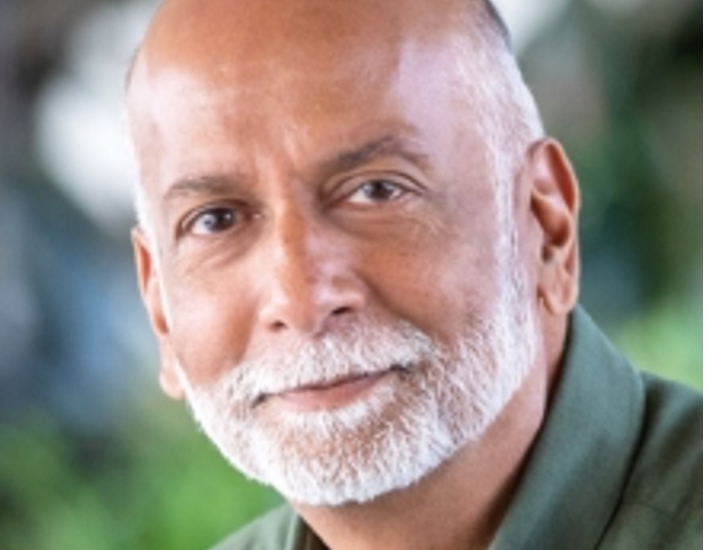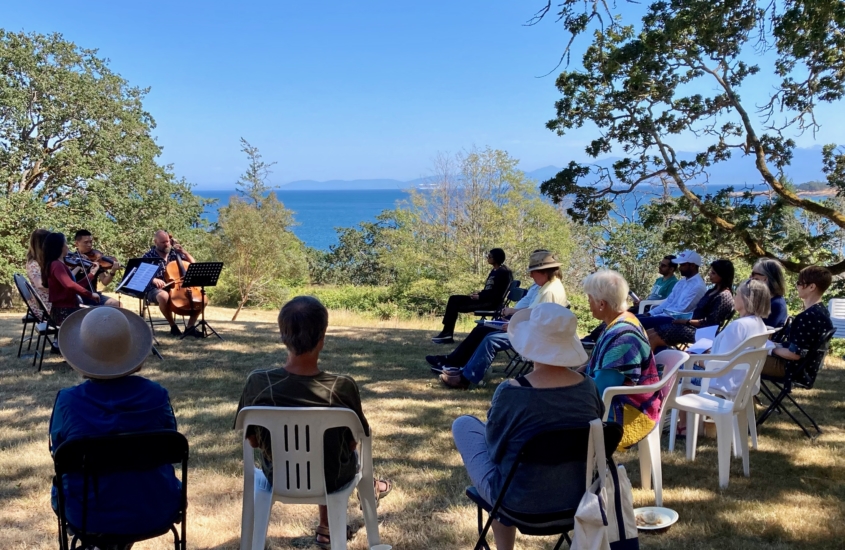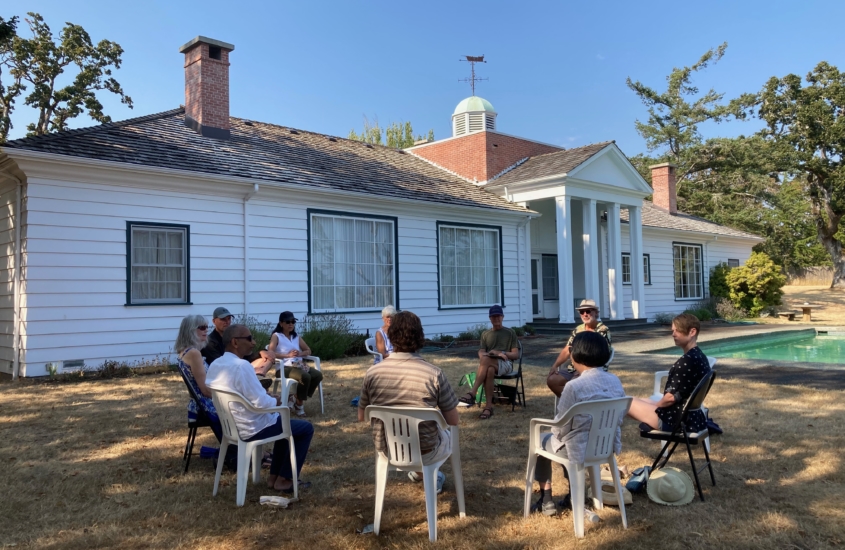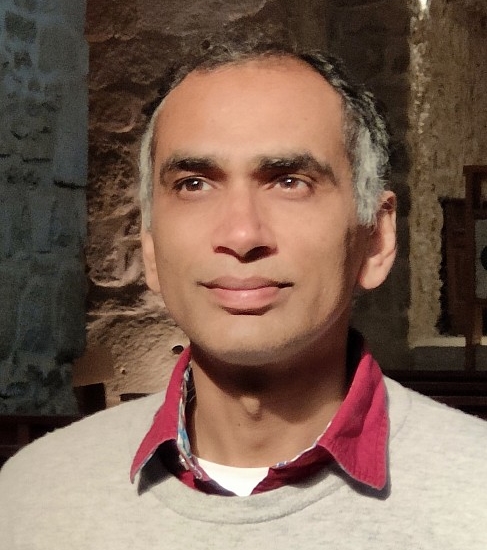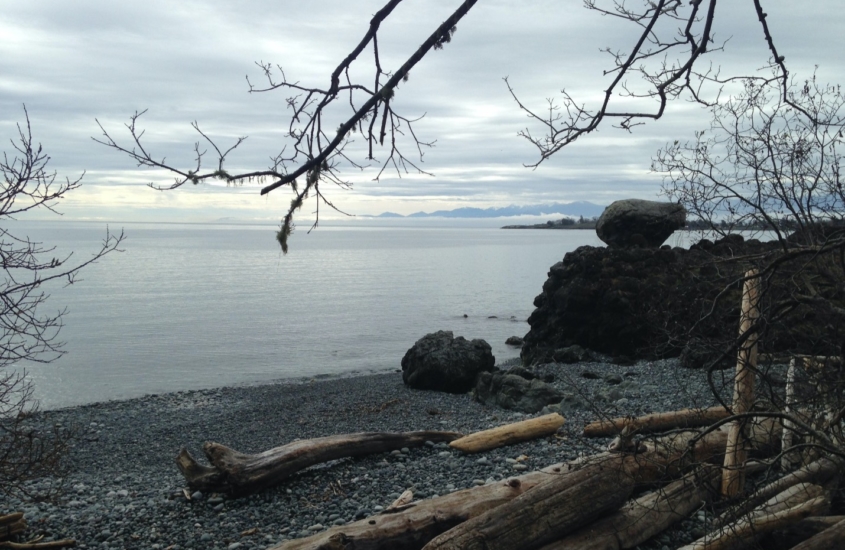Self-inquiry with Hillary Rodrigues, September 8, 2024
Self-inquiry,
September 8, 2024
With Hillary Rodrigues
At KECC Metchosin
Eleven people in total were in attendance for this afternoon meeting at 538 Swanwick Road in Metchosin, BC. It was a beautiful sunny day and we were able to sit out on the front lawn with the lovely views and the sounds of nature. Hillary Rodrigues, our facilitator and support person, began the session with a short period of silence. He commented that it can be challenging to be silent and that the opportunity was present to observe ourselves while intending to be deeply quiet. After the five minutes or so of silence Hillary opened the meeting to any questions that had come up in the reading of The Book of Life: Meditations with Krishnamurti or any other readings or questions. He mentioned that dialogue is a learning together about any issue that has arisen or any reaction that has taken place in our consciousness. This inspired one participant to relate an event that happens to her occasionally where she is suddenly lit up by some idea that seems to come out of nowhere. She was curious to explore what happens, especially as the happening sometimes develops into a “passion” or something of beauty or love.
Another participant asked how we become passionate about anything? What happens if a loaded gun is pointed at our head? What do we feel? “What is” may not be pleasant. Krishnamurti suggests that we remain present with whatever is. Does that feel dangerous? Can it be peaceful? Does the experience come to an end? Could we all just be with what is? Would that awaken an intelligence which could resolve the world’s problems? Is there compassion in K’s response?
One participant suggested that “seeing” or “insight” is what is needed most deeply in order for any transformation to take place. Does that happen in our inquiry? The question was left as an open one that could be held in “choiceless awareness”
DB

